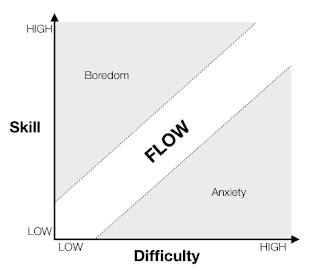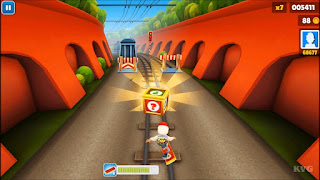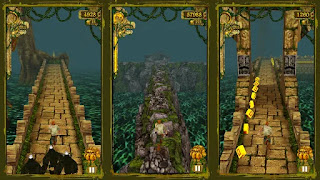The genre of this game is a 3D platformer, I'm making a game in this genre because a lot of games I played growing up were in this style and I have very good memories of these, I took inspiration from games like Temple Run and Subway Surfers. The game will be based in college and the aim is to make it to the end of the level while avoiding enemies and dodging obstacles. You have a HP bar that slowly decreases as you run through the level, however you can gain some HP back by picking up collectables such as coffee cups and energy drinks along the way. The HP bar can also be decreased by enemies you meet, these can be lecturers, students or the cafeteria staff chasing you down for your covid cert. The level design will be based in a typical college consisting of corridors, courtyards and cafeteria areas. The camera angle will follow the player from behind as you navigate the world, you cannot stop the character from moving once the game starts but you can hop from side to side as we...






